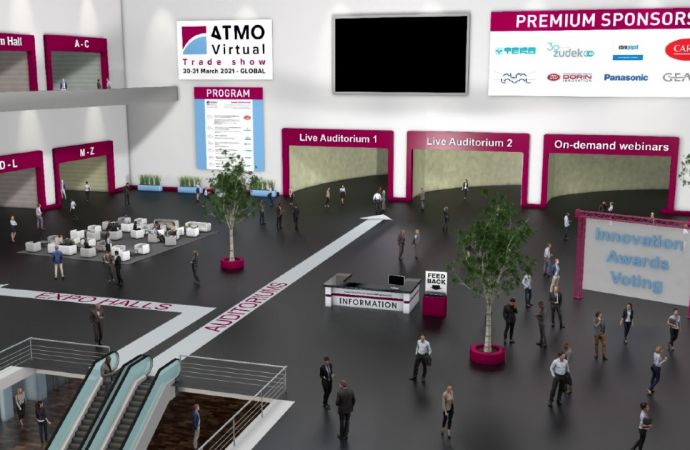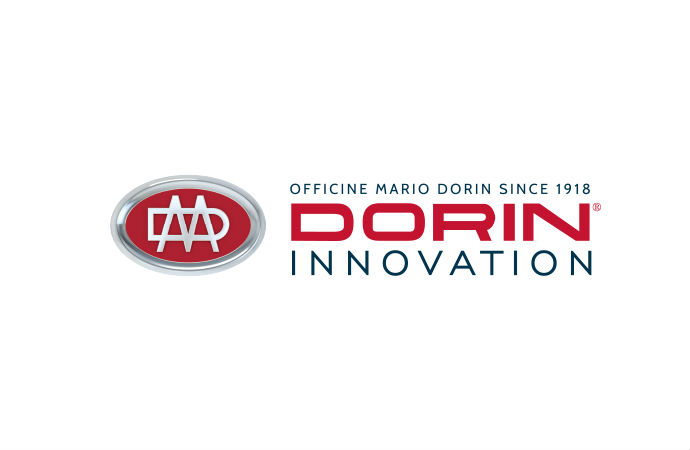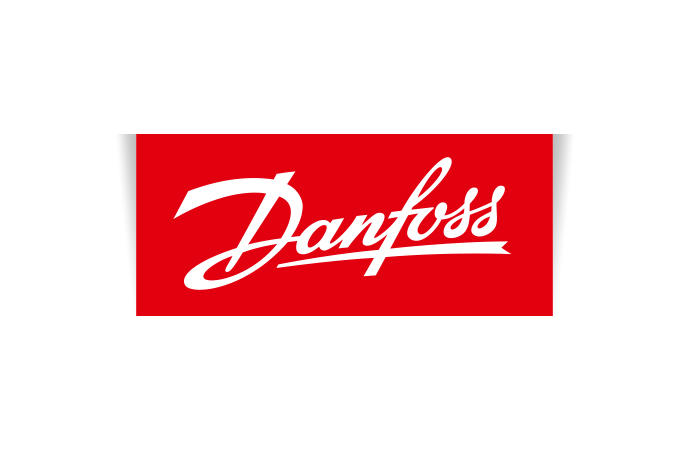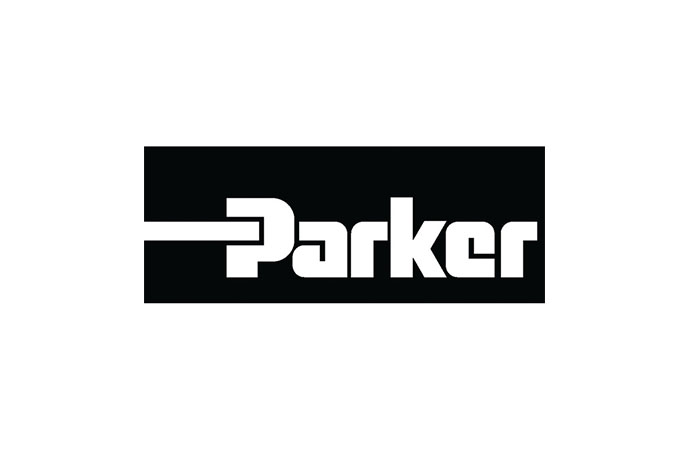At the 23rd Meeting of the Parties (MOP) to the Montreal Protocol, hosted on the island of Bali, Indonesia, GIZ presented three new publications aimed at helping countries phase-out HCFC-22 and convert to climate friendly alternatives such as hydrocarbons. Below we look at the first of these, the GIZ leaflet “Applications for low-GWP replacement for HCFC-22”.

Ozone Officers and other policy representatives from countries around the world are gathering in Indonesia for the Meeting of the Parties (MOP) to the Montreal Protocol, which is being held from the 21-25 November. Alongside the meeting, German International Cooperation GIZ (Deutsche Gesellschaft für Internationale Zusammenarbeit), which facilitates access to climate friendly technologies, presented latest publications on alternative cooling options such as hydrocarbon refrigerants.
Applications for low-GWP replacement for HCFC-22
Applications for low-GWP replacement for HCFC-22
The accelerated phase-out of HCFCs will require Article 5 countries ("developing countries") to adopt alternative refrigerants that have both low ozone depletion potential (ODP) and low global warming potential (GWP). However, when it comes to choosing low GWP alternatives Article 5 countries need greater clarity about which are viable for use in different systems and applications. The GIZ leaflet “Applications for low-GWP replacement for HCFC-22” aims to address this issue.
According to the leaflet, applications to be prioritised in the introduction of low-GWP technologies include:
- Portable, split & window air conditioners;
- Centralised retail refrigeration;
- Cold storages.
Some 70% of the HCFC-22 consumption for new systems and installations could be avoided by targeting these high-priority sub-sectors. The most suitable low-GWP options suggested are the natural refrigerants R290 (propane),
CO2, and ammonia.
Applications where natural refrigerants should take priority
Based on cost effectiveness and CO2eq emissions reductions, GIZ recommends the following applications as high priority for natural refrigerants:
- Retail refrigeration: Integral/stand-alone units and centralised systems (such as those for supermarkets);
- Cold storage / food processing and industrial: integral type cabinets and centralised systems (such as large cold storage facilities);
- Transport refrigeration: refrigerated trucks and trailers;
- Stationary air conditioning: small sizes air conditioners (split, window, portables) should take priority, although chillers also offer a good cost effectiveness;
- Heat Pumps: both hot water heating and central heating heat pumps would be equally of interest to apply low-GWP refrigerants.
Special Interventions to overcome barriers to low-GWP Alternatives
The GIZ leaflet also suggests the following interventions to overcome barriers associated with the introduction of natural refrigerants in certain applications:
- Awareness-raising of using low-GWP refrigerants
- Training
- Guidance, manuals, information resources
- Technical development for R744 under warm climate conditions and reducing hydrocarbon refrigerant charge
- Market development
- Financial incentives
- Regulatory aspects
Background MOP 23
During the week of the 21-25 November, delegates at the Bali MOP are also discussing proposed amendments to the Montreal Protocol to cover also the control of hydrofluorocarbons (HFCs), including a joint proposal by the US, Mexico and Canada as well as a proposal from Micronesia.
Background Proklima
Proklima is a global programme of German International Cooperation (GIZ ) aiming at reducing non CO2 greenhouse gas emissions by transferring technology and the development of capacities to adapt, apply and optimise processes and products in the refrigeration, air conditioning and foam production sectors. GIZ supports national sustainable policies and helps countries to introduce climate friendly technologies in these fields. GIZ currently implements projects in 35 countries on behalf of the German Ministry for Economic Cooperation and Development (BMZ).
Background Proklima
Proklima is a global programme of German International Cooperation (GIZ ) aiming at reducing non CO2 greenhouse gas emissions by transferring technology and the development of capacities to adapt, apply and optimise processes and products in the refrigeration, air conditioning and foam production sectors. GIZ supports national sustainable policies and helps countries to introduce climate friendly technologies in these fields. GIZ currently implements projects in 35 countries on behalf of the German Ministry for Economic Cooperation and Development (BMZ).
MORE INFORMATION
Related stories







